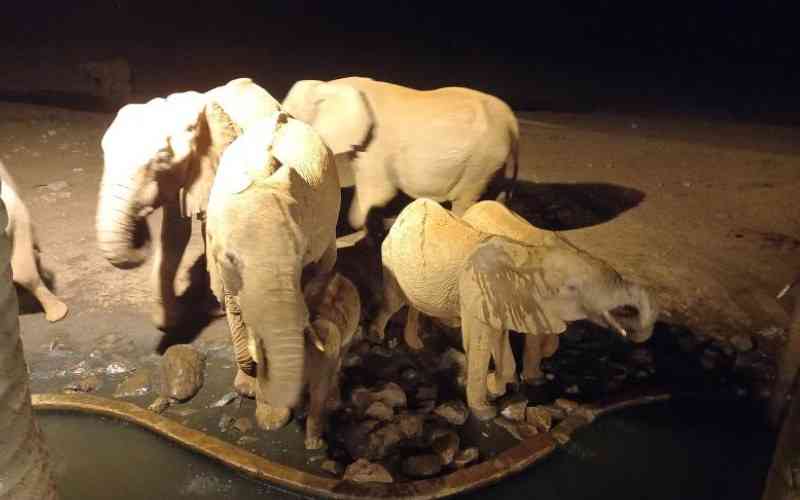×
The Standard e-Paper
Fearless, Trusted News

This marks the third year without good rains in Kenya. Climate change, the all too familiar culprit, is to blame. Humans are finding it hard to put food on the table.
On the other end of the spectrum are wild animals. Many have died and for those still standing, it is a daily struggle to find pasture and water.